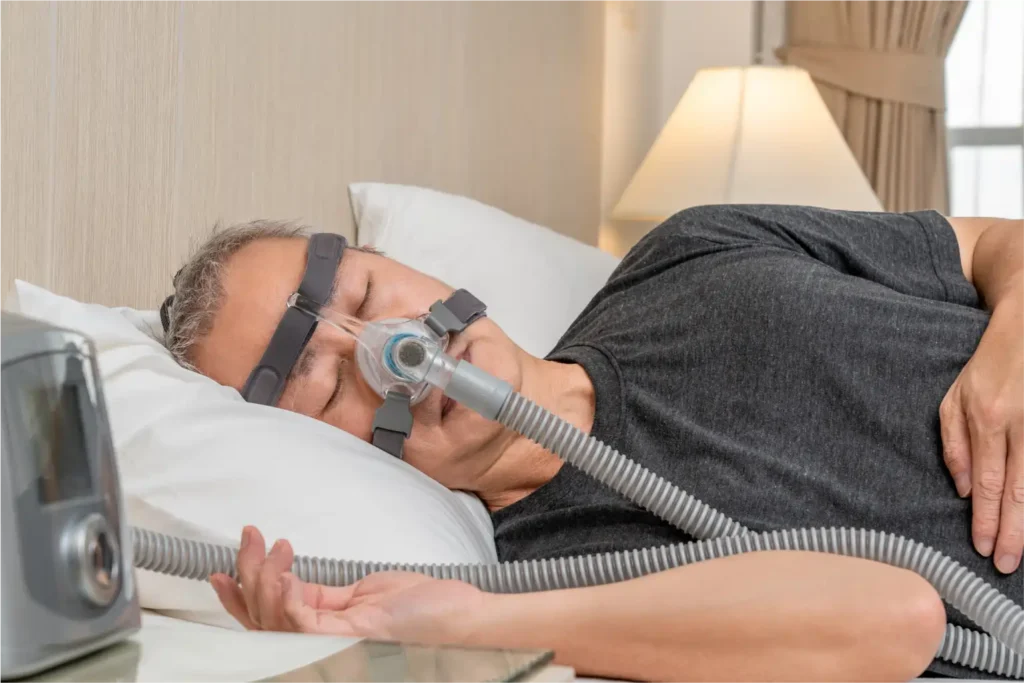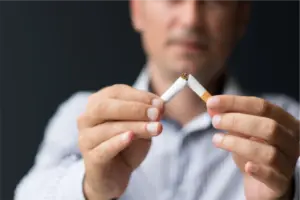
Weekend sleep apnoea: Weekend relaxation may have consequences that extend beyond the Monday slump. A new study suggests that the severity of obstructive sleep apnoea (OSA), a common sleep disorder, increases on weekends, The Guardian reported.
The study, published in the American Journal of Respiratory and Critical Care Medicine, says the rise could potentially be driven by lifestyle changes such as increased alcohol and tobacco consumption, irregular sleep schedules, and inconsistent use of medical devices like CPAP machines.
Also Read | Blowing conch shell may ease sleep apnoea symptoms, study suggests
The researchers analysed sleep data from over 70,000 individuals, mostly middle-aged, overweight men, using a commercially available under-mattress sleep tracker. Researchers from Flinders University in Australia found that the odds of experiencing moderate to severe OSA, defined as 15 or more breathing interruptions per hour, were 18% higher on Saturdays compared to Wednesdays.
Professor Danny Eckert, one of the lead authors, noted that lifestyle habits likely play a role. “Obviously, people tend to drink more on the weekend. They tend to smoke more on the weekend if they are prone to smoking,” he said, adding that many may also skip using their CPAP devices during weekends.
The researchers dubbed the phenomenon “social apnoea”, a reflection of how social behaviour may trigger or worsen the condition. While the study did not include direct lifestyle data such as alcohol or nicotine consumption, the team believes the association is credible, pointing to prior research linking such habits to worsened OSA symptoms.
Further findings revealed that individuals who experienced “weekend catch-up sleep” of 45 minutes or more were 47% more likely to have moderate to severe OSA compared to those who caught up on less than six minutes of sleep. Similarly, a “social jetlag”, a shift in sleep timing of 60 minutes or more, was associated with a 38% increase in severity.
OSA is associated with several serious health conditions, including stroke, hypertension, type 2 diabetes, and impaired driving due to sleepiness.








